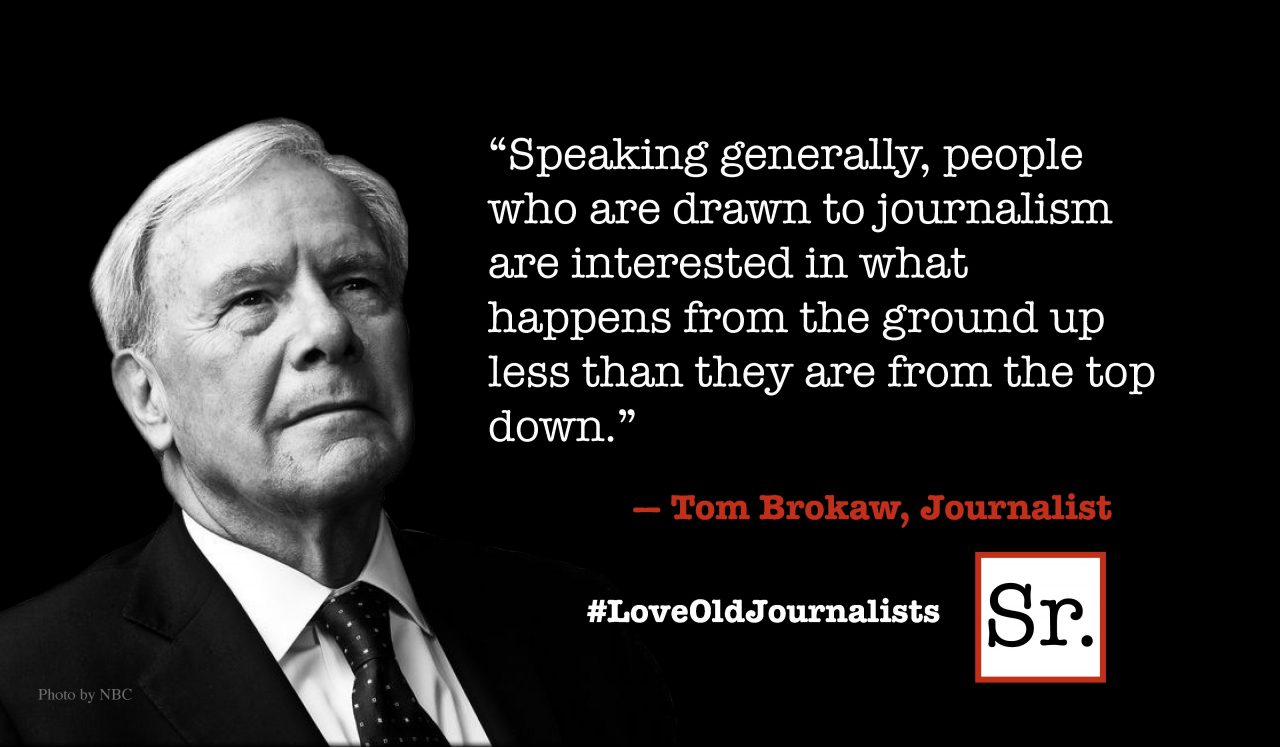Based on comments left on other Satisfying Retirement posts I know there is continuing interest in the work I do for a local prison ministry organization. The world of prisons and inmates is one I only knew through movies, news stories, and "common knowledge" about those who find their way into prison. I did know that the United States has both the highest percentage of its citizens behind bars and the highest crime rate in the world.
It would seem those two statistics shouldn't go together. But because they do it implies that the time spent locked up isn't turning enough inmates into productive members of society. With 69% of all of those released from prisons and jails returning within 3 years, it seems rather obvious that the penal system is good at locking people but not helping them.
Once freed, these men and women are often put in a position where failure is almost guaranteed. Over 12,000 inmates are released every single week in this country. That is 650,000 a year. They are set free with virtually no money, with only the clothes on their back, and little skill training, into a society that treats them as eternally guilty. Many apartments won't rent housing to an ex-con. Getting hired is very difficult when employers see the giant time gap on the resume or are told of the jail sentence. Some states deny food stamps or Medicaid coverage to these people.
So, with no money, no reasonable expectation of getting a job quickly, and very few willing to house, feed, clothe, or treat sickness, why are we surprised that nearly 7 in 10 end up back behind bars? Obviously, there are plenty of released inmates who will go back to their old habits because that is all they know. Maybe it is the only way they can survive. Many have drug or anger issues that were ignored during their time in prison. So, inevitably the same behavior begins anew.
I'm providing this review to help someone understand why I have become involved in trying to reverse this trend, one person at a time. Are there men and women who should stay behind bars? Sure. Do many inmates get released with little chance at avoiding failure? Yes, of course they do. But, there are those people who made a mistake, have paid the price society demanded, and want a fresh start. That's where prison volunteers and outside mentors become invaluable.
Many of these folks had a rough childhood. Physical or sexual abuse, a home without a stable father, a single mom on drugs or entertaining "boyfriends" … these are the typical childhoods for many of the men I meet. While that isn't always an excuse, it helps us understand what went wrong at a young age.
My involvement is through a Phoenix-based Christian organization, Alongside Ministries. It provides in-prison and out-of-prison counseling, support, and accommodations for men and women who go through a rigorous program of Bible study and goal setting during the last year of incarceration. While the program doesn't promise a successful reentry into society, the odds are greatly increased. Prisoners are carefully interviewed and screened before joining the program. Only one in five is accepted.
Each person in the program is assigned a mentor, for both inside and outside prison guidance. That mentor is someone selected to help the inmate stay focused on goals, and stay strong in the face of disappointment and obstacles.
The mentor will visit the person twice a month for face-to-face support while their mentee is still in prison. Once released, the mentor and mentee will talk several times a week, and spend time together at least once a week. Most ex-cons are still under parole for several months upon their release so there is a requirement to report to the parole officer a few times a month.
Frankly, whether a man or woman succeeds, stays free, and restarts a life worth living is really dependent on that person's will power, strength of faith, a changed heart and character. He or she must want to avoid the people and situations that resulted in jail time.
A mentor can be a help, but can't prevent someone from making mistakes. It can be frustrating and infuriating when you see someone making decisions that will cause problems. Even so, the time spent is usually rewarding and gratifying. The chance to be even a small part of helping someone turn his life around makes the risk worthwhile.
I've had my share of failures, but keep coming back for more. Even for those men who leave the program early or end up back in prison, maybe my time with them will pay off the next time they are freed. Maybe not. But, my faith requires me to persevere, so I do.
Volunteering for prison ministry may be impracticable or just too far outside your comfort zone for you to do what I do. I understand completely. Going inside prison walls still freaks me out. But, there is someplace that can use you and someone who needs you, whatever your skills and abilities.
Give of your time and love and you will get back more than you can ever imagine.









